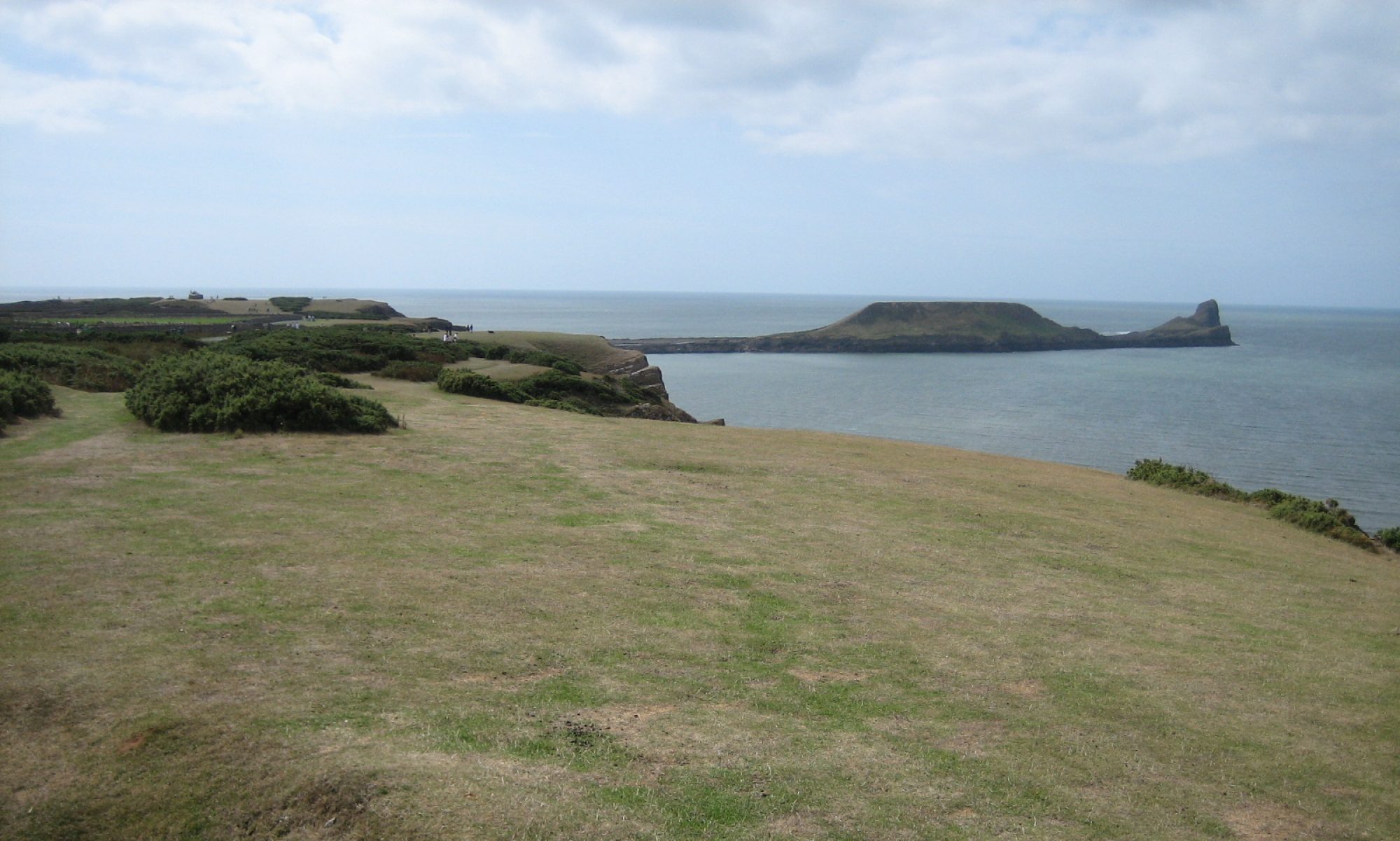The Digital Economy Bill was pushed through parliament last night despite the attempts of MPs on the Labour and Liberal Democrat benches to force it to be delayed for proper scrutiny until after the next election.
It’s apparently not a big issue in the electoral coverage and at the time of posting there had only been four reactions in the *blogs* of mainstream media:
– Charles Arthur, Guardian Technology Editor, [live blogged the whole debate](http://www.guardian.co.uk/technology/blog/2010/apr/07/digital-economy-bill-internet) and then summarised in[ “Digital economy bill rushed through wash-up in late night session](http://www.guardian.co.uk/technology/2010/apr/08/digital-economy-bill-passes-third-reading)“.
– The BBC News site posted initial reaction “[Anger about ‘Digital Stitch-Up’](http://news.bbc.co.uk/1/hi/uk_politics/election_2010/8608478.stm)” which includes recording of the whole 264 minute debate.
– Mike Butcher of the Telegraph posted [The Digital Economy Bill: a nightmare of unintended consequences](http://blogs.telegraph.co.uk/technology/mikebutcher/100004879/the-digital-economy-bill-a-nightmare-of-unintended-consequences/).
– James Graham in *Comment is Free* on the Guardian reacts to the debate with an opinion piece [Digital economy bill exposed broken system](http://www.guardian.co.uk/commentisfree/2010/apr/08/digital-economy-bill-exposes-broken-system) that calls for a reform of Parliament and a vote for the Liberal Democrats (hardly non-partisan then!)
We will have to wait until Friday’s papers to read more considered coverage of the implications of this, but I fear that Government has legislated in haste, and we will have to repent at leisure.
More reactions from [Google’s Realtime Search](http://www.google.co.uk/search?q=digital+economy+bill&hl=en&tbs=rltm:1&tbo=u&ei=f5a9S_XuJpDY-QbgssTVCA&sa=X&oi=realtime_result_group_more_results_link&ct=title&resnum=7&ved=0CC4Q5QUwBg), the excellent [Guardian Web Technology](http://www.guardian.co.uk/technology/digital-economy-bill) site. My MP [didn’t attent for the debate or the vote](http://www.didmympshowupornot.com/lookup?postcode=SA2+0DU) (even though I emailed him about it) and there was a very[ distinct difference](http://debillitated.heroku.com/) between the social media’s response to this issue and that of our representative democracy.



